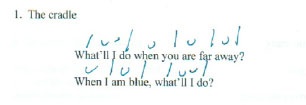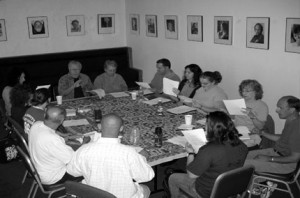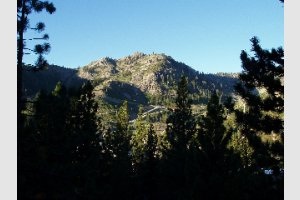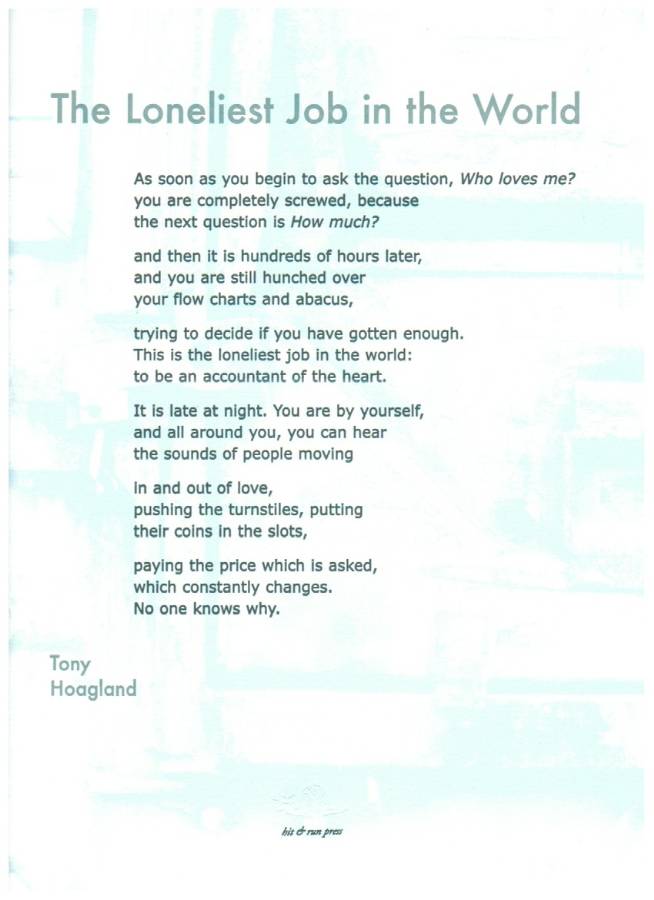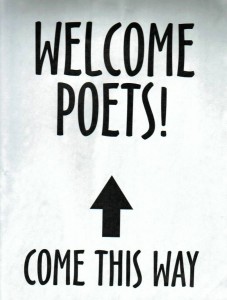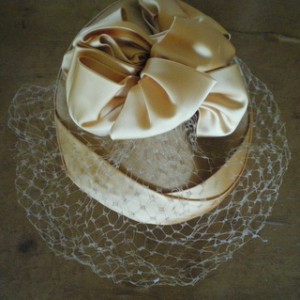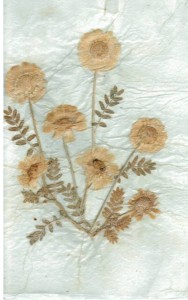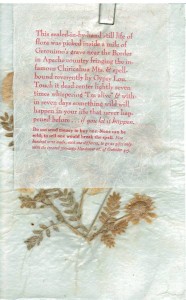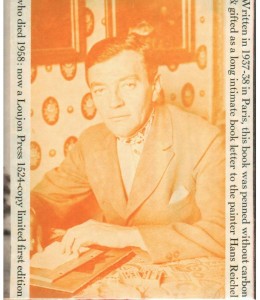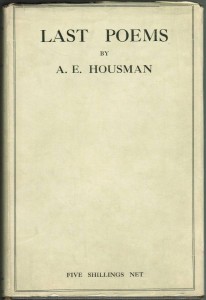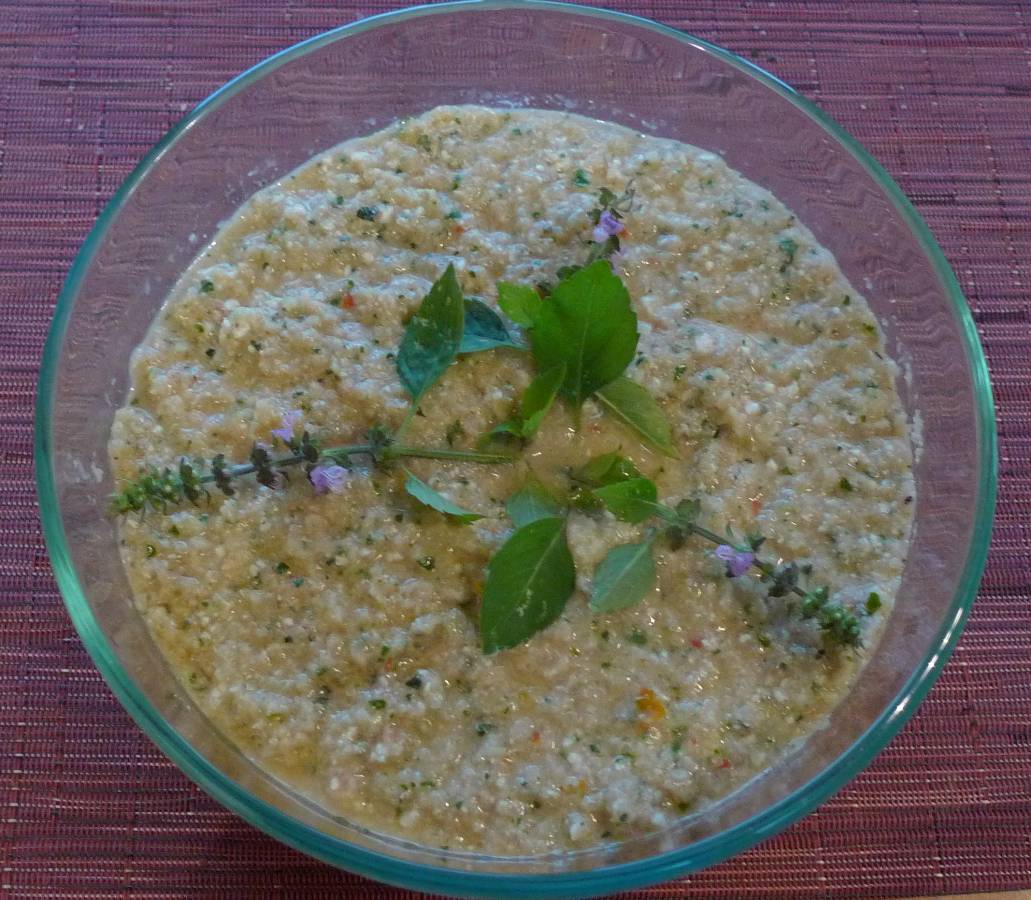 When I clip recipes from the newspaper, I either make them right away, or they pile up for months. This one struck a chord as it comes from a blog section titled “Otherwise Trash.” As someone who invented a compost machine that makes food for my chickens, edible trash interests me. This white gazpacho uses watermelon rinds–everything except the hard green outer shell–along with ground almonds. It’s unique and delicious. I even had cinnamon basil in the garden for the garnish, something I learned about from The Savory Way, by Deborah Madison.
When I clip recipes from the newspaper, I either make them right away, or they pile up for months. This one struck a chord as it comes from a blog section titled “Otherwise Trash.” As someone who invented a compost machine that makes food for my chickens, edible trash interests me. This white gazpacho uses watermelon rinds–everything except the hard green outer shell–along with ground almonds. It’s unique and delicious. I even had cinnamon basil in the garden for the garnish, something I learned about from The Savory Way, by Deborah Madison.
This was from Wednesday’s “Dining” section of the New York Times. As I’d never seen or tasted it, I pretty much followed the recipe blind, and I like how it came out–a nice variant on a summer staple.
White Gazpacho with Watermelon Rind
Adapted from Ronna Welsh, Purple Kale Kitchenworks
Time: 45 minutes, plus at least 2 hours’ chilling
3/4 cup blanched, slivered almonds (I was a little short on almonds and added a few raw cashews, which worked fine)
1 cup loosely packed parsley or mint leaves, or a combination of the two (I included a little lemon balm, too)
1 stalk celery, cut into chunks
1 dozen cherry tomatoes
1 clove garlic
1 1/2 cups bread cubes, like ciabatta or sourdough, hard crusts removed
5 tablespoons extra virgin olive oil
About 2 pounds cucumbers, preferably thin-skinned types like lemon or English (about 4)
About 2 pounds cubed watermelon rind, pale pink and green parts, hard skin removed (about 8 cups, from 1/2 watermelon)
1 tablespoon sherry vinegar or rice wine vinegar, more as needed
1 tablespoon salt, more as needed.
1. In a food processor, combine almonds, herbs, celery, tomatoes, garlic, bread and oil. Purée until smooth. Transfer mixture to a large bowl and return the used canister to the processor.
2. If using thin-skinned cucumbers, cut in chunks. If using thick-skinned ones, like Kirbys, peel and seed, then cut in chunks.
3. Working in batches if necessary, combine cucumbers, watermelon rind, vinegar and salt in the processor. Purée until smooth. Add to the other purée and whisk together well. Taste, adding salt and vinegar as needed. For a smoother texture, purée in a blender, in batches.
4. Chill until very cold, at least 2 hours or overnight. Taste for salt again before serving.
Yield: 8 to 12 servings. (I think more like 6-8, myself–it’s too good to skimp!)
Note: The total weight of cucumber and watermelon pieces should be 4 pounds, but it is not necessary to use precisely 2 pounds of each.
